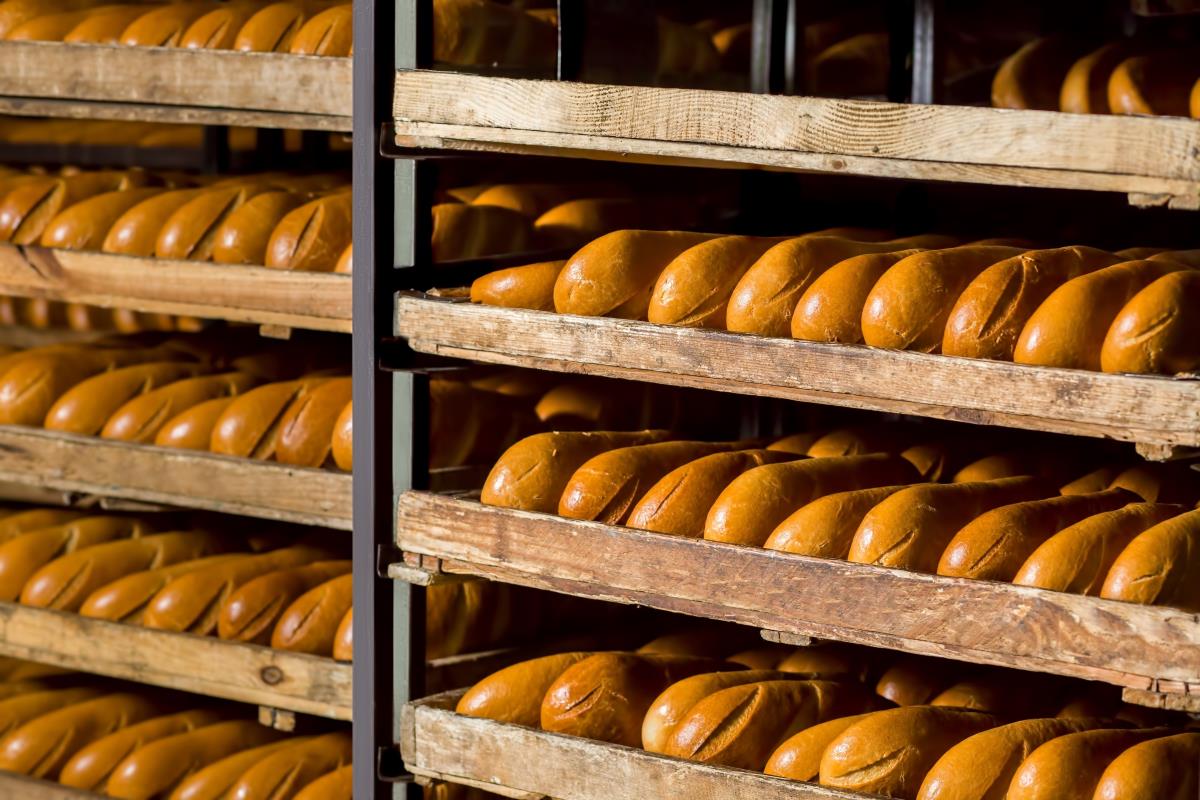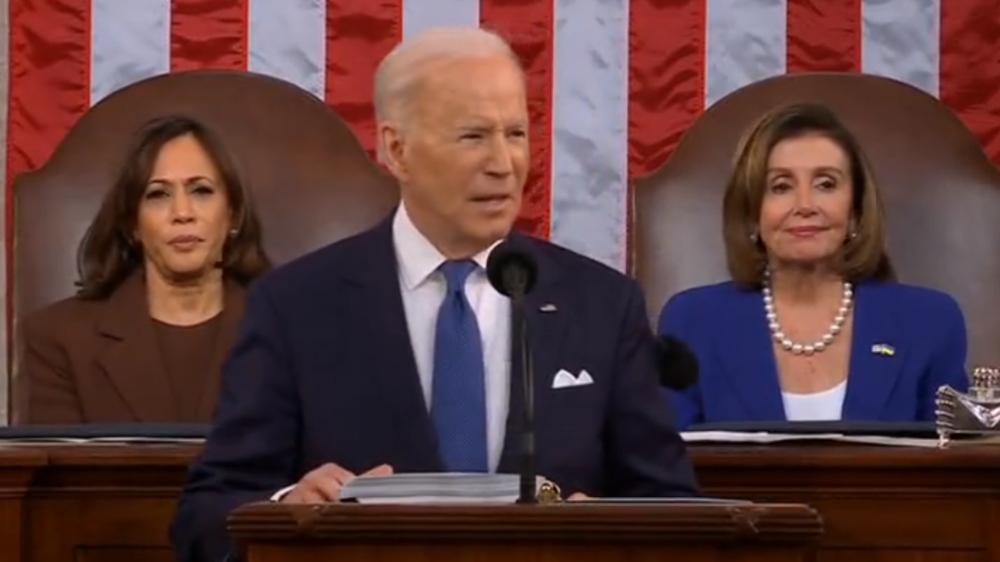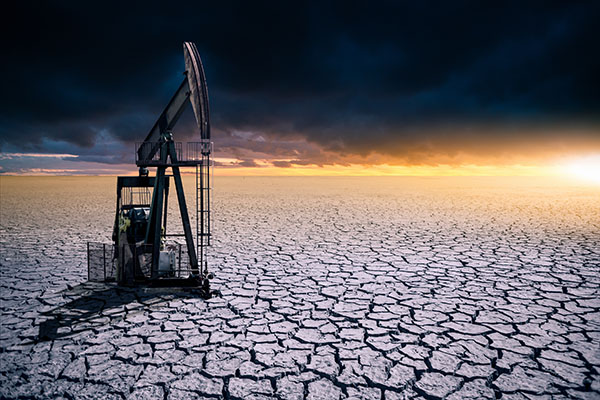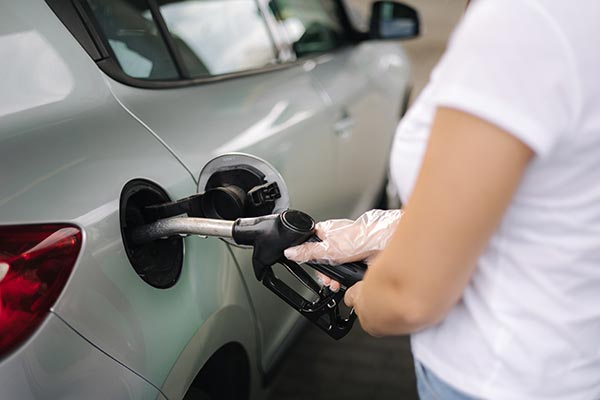
There is still a chance that the Nord Stream 1 (NS1) pipeline from Russia to Germany will be turned back on once a key component that was under repair makes its way from Canada back to Russia via Germany. If that happens, though, gas flows will be massively reduced.
Pre-repairs, NS1 was delivering about 40 percent of total gas capacity. If it comes back online in the future, volume could be reduced to just 20 percent – and that is assuming NS1 ever comes back online at all, which some believe is just a pipe dream.
Work on NS1 is supposed to end on July 21 followed by the pipeline being restarted. Whether or not that actually happens remains to be seen.
"A prolonged outage could lead to an even greater energy crisis, prompting governments to ration energy, hurting industry and sending the country into recession even faster," reports explain.
In a statement after his visit to Tehran, Russian President Vladimir Putin stated that Gazprom, NS1's state-owned operator, may drastically cut flows amid an ongoing force majeure situation that is showing no signs of easing up anytime soon.
According to Putin, another turbine needs to go in for maintenance on July 26, which means another extended period of time in which the NS1 pipeline will be forced to remain barely functional or possibly completely offline indefinitely.
Russia's narrative conflicts with the EU's – who's telling the truth?
Russia says it cut delivery flows to 40 percent even before the current maintenance due to sanctions that prevented the return of the first turbine, which has been in the possessions of Siemens in Canada.
Canada is no longer doing business with Russia due to its invasion of Ukraine, and has said, consequently, that it will not ship the turbine back to Russia. Instead, Canada is aiming for a loophole that will allow it to send the turbine to Germany, which will then send it to Russia.
"European officials have dismissed the turbine explanation as a pretext for Moscow to try and wreak economic havoc on the continent," reports explain about the conflicting narratives.
As the European Union (EU) comes to the realization that the ongoing conflict could mean lights out for Europe this winter, politicians there are scrambling to come up with alternatives.
They are also discussing the possibility of having to ration the use of gas this winter, which will send the EU economy to a grinding halt.
Proposed guidelines would require public buildings to lower the thermostat come wintertime, and to raise it now during the hot summer season.
Gazprom's force majeure, by the way, is not necessarily a guarantee that NS1 will remain offline, though many believe this to be the case. Only time will tell how the cookie crumbles on this one.
Russia more than likely does not want to be deprived of gas revenues, which is why some say NS1 will come back online in some capacity. Others suspect that NS1 will stay offline as part of a strategic move by Russia to cripple its Western enemies, who do not want to play ball with its "special operation" in Ukraine.
"The recent Gazprom force majeure (FM) declaration retroactively refers to realized export cuts (the NS1 cuts) over the past month, and does not reflect any new changes to gas flows," reports Zero Hedge.
"We see it as an effort by the company not to be seen as liable for the supply cuts to long-term customers observed since mid-June. We do not see this FM claim as particularly relevant to our NS1 flow expectations going forward."
The latest news about the European energy crisis can be found at FuelSupply.news.
Sources for this article include:
Please contact us for more information.





















